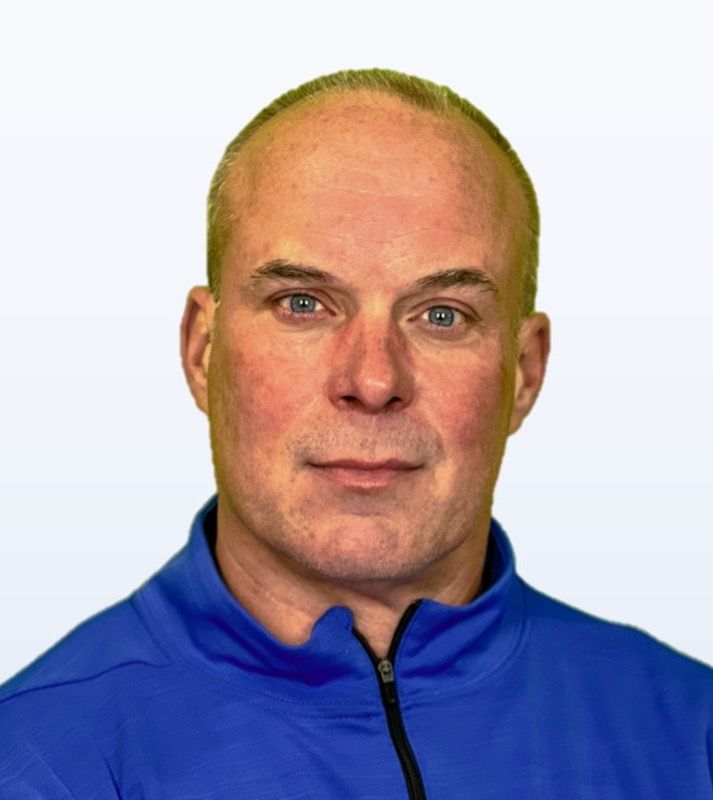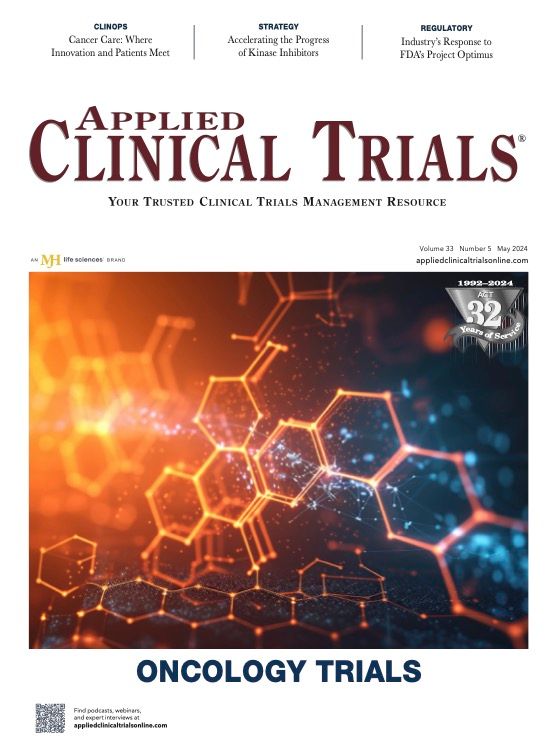A Fun and Insightful Exploration of Behavioral Science
Sharing an entertaining dive into the origins, milestones, and future of behavioral economics—where lessons can be applied to clinical practice.

This installment of my column is a little different than most we’ve published over the last year, but one that I am absolutely inspired to share. Instead of highlighting how behavioral science can help clinical research professionals overcome the challenges with contemporary clinical trials, I want to share a brand new resource providing a marvelously entertaining exploration of the origins, milestones, and future of behavioral science.
The brilliant minds behind the Behavioral Grooves podcast (Tim Houlihan and Kurt Nelson) and the Opinion Science podcast(Andy Luttrell) have recently launched a true history, limited podcast series titled They Thought We Were Ridiculous: The Unlikely Story of Behavioral Economics.
Originally conceived and initially developed in 2020, the wonderfully produced series is more than three years in the making.
It includes first-hand accounts from the psychologist and economist who discovered many of the most critical “anomalies” in how we think, choose, and behave.
Without hyperbole, They Thought We Were Ridiculous is one of the best explorations of behavioral science I have ever heard, so I reached out to the hosts to learn more about the project, its origins, and its highlights.
Why are you each so passionate about behavioral science?
Houlihan: I want to live a happy and productive life, so I ask myself, “How can I make the most of my conscious decisions?” And knowing that most of life is guided by the unconscious, I try to set up the unconscious side of my decision-making and behavior to lead me to my goal of living a happier and more productive life—life in the groove.
Nelson: It fundamentally helps us understand why we do what we do. This has always been my draw to psychology and behavioral economics. Not only being able to understand our behavior better, but to predict it, and ultimately, to be able to shape it. For me, the topic is just one that is fascinating and often counter-intuitive, which makes it even more fascinating.
Can you share some details about the work that went into the series?
Houlihan/Nelson: We thought at first it would be a six-to-nine-month endeavor—depending on who we got to interview. Obviously that did not happen (#PlanningFallacy). We started interviews in 2021 and they continued all the way up to 2023. Overall, we completed 20 interviews with countless other preplanning calls and emails—likely one-to-three hours of prep work for each. We estimate another 100 hours of script writing and recording, and well more than 50 hours of production work. The work was divided between the three of us—with Andy taking much of the heavy lifting for the writing and production. All-in-all we likely spent nearly 200 hours in this labor of love.
Favorite interview?
Nelson: Danny Kahneman. He was so thoughtful in his answers—even though he’d had these conversations with others [probably many times over], it felt like he put all of his attention and focus on making sure he answered the questions correctly.
Favorite quotes?
Houlihan/Nelson:
- Richard Thaler: “My greatest discovery was finding Kahneman & Tversky.”
- Sendhil Mullainathan: “I mean, isn’t all economics behavioral economics?”
- Linda Babcock: “It’s criminal not to use this data!”
Favorite study?
Houlihan: The Cab Driver Study suggests that cab drivers use the simple heuristic of average daily wage to manage their business. This leads them to quit early on days they’re raking in the fares and working long hours on days with few fares. That approach defies economic logic. And the story—and what it reveals about human behavior—engaged me from the first time I read it more than 20 years ago.
Nelson: I don’t know if I can point to a single favorite study. I think all of the original work on choice architecture demonstrated the importance of behavioral economics, which is cool.
Candidly, I binged the entire five-part series of They Thought We Were Ridiculous in one day and I cannot overstate how enjoyable and insightful I found it to be. Give it a listen—I guarantee you will find lessons that you can immediately apply to your work and life.
Brian S. McGowan, PhD, FACEHP, is Chief Learning Officer and Co-Founder at ArcheMedX, Inc.

Unifying Industry to Better Understand GCP Guidance
May 7th 2025In this episode of the Applied Clinical Trials Podcast, David Nickerson, head of clinical quality management at EMD Serono; and Arlene Lee, director of product management, data quality & risk management solutions at Medidata, discuss the newest ICH E6(R3) GCP guidelines as well as how TransCelerate and ACRO have partnered to help stakeholders better acclimate to these guidelines.
Putting Collective Insights Into Action to Advance Cancer Care: Key Examples From ASCO 2025
June 27th 2025At ASCO 2025, clinical operations leaders gained critical insights into how AI tools, bispecific antibodies, and evolving treatment paradigms are reshaping trial design, endpoint selection, and patient stratification.
Funding Cuts Threaten Diversity in Clinical Research
June 27th 2025In this video interview, Kyle McAllister, co-founder, CEO, Trially, discusses how recent federal funding cuts are likely to undermine research focused on underrepresented populations, and why long-term investment in community-based studies is essential to closing persistent health equity gaps.
Pfizer Reports Strong Phase III Results for Hympavzi in Hemophilia Patients with Inhibitors
June 26th 2025The Phase III BASIS trial found that once-weekly subcutaneous Hympavzi reduced treated bleed rates by 93% in patients with hemophilia A or B with inhibitors, offering a promising new prophylactic option for a population with limited therapeutic choices.